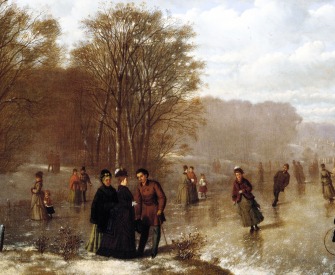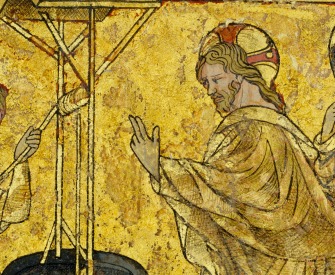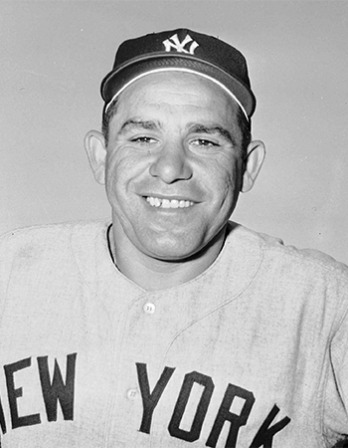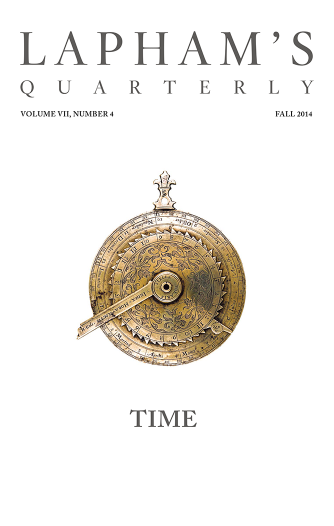As fern grows in untilled grounds and all manner of weeds, so do gross humors in an idle body. A horse in a stable that never travels, a hawk in a mew that seldom flies, are both subject to diseases, which left unto themselves are most free from any such encumbrances. An idle dog will be mangy, and how shall an idle person think to escape?
Idleness of the mind is much worse than this of the body; wit without employment is a disease, the rust of the soul, a plague, a hell itself. “As in a standing pool, worms and filthy creepers increase, (the water itself putrefies, and air likewise, if it be not continually stirred by the wind) so do evil and corrupt thoughts in an idle person,” the soul is contaminated. In a commonwealth, where there is no public enemy, there are likely civil wars, and they rage upon themselves: this body of ours, when it is idle, and knows not how to bestow itself, macerates and vexes itself with cares, griefs, false fears, discontents, and suspicions. It tortures and preys upon his own bowels and is never at rest. Thus much I dare boldly say: he or she that is idle, be they of what condition they will, never so rich, so well allied, fortunate, happy, let them have all things in abundance and felicity that heart can wish and desire, all contentment, so long as he or she or they are idle, they shall never be pleased, never well in body and mind, but weary still, sickly still, vexed still, loathing still, weeping, sighing, grieving, suspecting, offended with the world, with every object, wishing themselves gone or dead, or else carried away with some foolish fantasy or other. And this is the true cause that so many great men, ladies, and gentlewomen labor of this disease in country and city, for idleness is an appendix to nobility: they count it a disgrace to work and spend all their days in sports, recreations, and pastimes and will therefore take no pains, be of no vocation; they feed liberally, fare well, want exercise, action, employment (for to work, I say, they may not abide), and company to their desires, and thence their bodies become full of gross humors, wind, crudities; their minds disquieted, dull, heavy, etc., care, jealousy, fear of some diseases, sullen fits, weeping fits seize too familiarly on them. For what will not fear and fantasy work in an idle body? What distempers will they not cause? When the children of Israel murmured against Pharaoh in Egypt, he commanded his officers to double their task and let them get straw themselves and yet make their full number of bricks, for the sole cause why they mutiny and are evil at ease is, “They are idle.” When you shall hear and see so many discontented persons in all places where you come, so many several grievances, unnecessary complaints, fears, suspicions, the best means to redress it is to set them awork so to busy their minds, for the truth is, they are idle. Well they may build castles in the air for a time and sooth up themselves with fantastical and pleasant humors, but in the end they will prove as bitter as gall, they shall be still, I say, discontent, suspicious, fearful, jealous, sad, fretting, and vexing of themselves; so long as they be idle, it is impossible to please them, as that Agellius could observe: he that knows not how to spend his time, hath more business, care, grief, anguish of mind, than he that is most busy in the midst of all his business. An idle person (as he follows it) knows not when he is well, what he would have, or whither he would go:
“A young man is like a fair new house: the carpenter leaves it well built, in good repair, of solid stuff, but a bad tenant lets it rain in, and for want of reparation, fall to decay, etc. Our parents, tutors, friends, spare no cost to bring us up in our youth in all manner of virtuous education, but when we are left to ourselves, idleness as a tempest drives all virtuous motions out of our minds, on a sudden, by sloth and such bad ways, we come to nought.”
From The Anatomy of Melancholy. In 1599 Burton was made a fellow at Oxford University, where he lived the majority of his “silent, sedentary, solitary” life, becoming a bachelor of divinity in 1614 and vicar of St. Thomas’ Church in 1616. He wrote this work because melancholia had become “a disease so grievous” that he felt obligated to “prescribe means how to prevent and cure so universal a malady.”
Back to Issue





